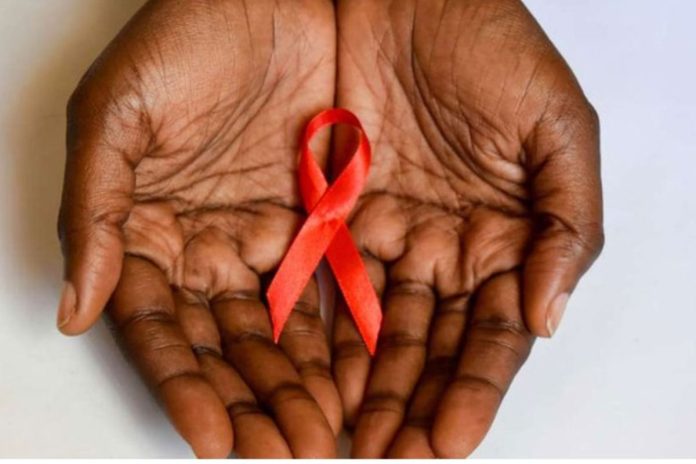Tanzania, along with four other African countries is looking to achieve the ’95-95-95′ targets set by UNAIDS to eliminate AIDS by 2030.
Tanzania’s health minister, Ummy Mwalimu, highlights the country’s impressive achievements in the fight against AIDS, with 96% of Tanzanians living with HIV aware of their status and receiving necessary treatment and care.
Political commitment, and sustained collaboration among local and international partners, including Global Fund, PEPFAR, UNAIDS, and WHO, have been instrumental in the progress made by African countries in combating HIV/AIDS.
The HIV/AIDS epidemic has had a disproportionately negative impact on the African continent, with disastrous ramifications for people, families, communities, and the economy. AIDS has had a huge influence on Africa over the past two decades, creating enormous problems but also driving substantial efforts to combat the illness.
Africa has the world’s highest number of individuals living with HIV/AIDS. The disease’s incidence varies across the continent, with Southern and Eastern Africa being the most badly impacted.
Despite the hurdles, tremendous progress has been achieved in combating the African AIDS pandemic. To tackle the illness, governments, international organizations, civic society, and impacted communities have joined forces. Various initiatives, such as the Global Fund to Fight AIDS, Tuberculosis, and Malaria, have contributed critical funding to impacted nations to assist in prevention, treatment, and care programs.
Read more: Anthrax outbreak in Nigeria and everything you need to know about the disease
While there has been progress, the fight against AIDS in Africa is far from done, but some African countries have pledged to curb Aids completely.
According to a statement from the health minister of Tanzania, Ms. Ummy Mwalimu, one of the countries looking to end Aids, 96% of Tanzanians living with HIV are aware of their situation. The minister, also noted that 98% of persons living with HIV in the nation attend treatment and care facilities for the use of antiretroviral medications (ARVs), and 97% of people who take ARVs have better health.
Additionally, she cited improved HIV service efficacy and the establishment of solid procedures for monitoring and assessing AIDS response efforts as significant factors in this accomplishment. Now the country coupled with four other African countries has pledged to rid their region of AIDS completely by 2030.
According to UNAIDS, five African nations have met the ’95-95-95′ objectives for eradicating AIDS by 2030. The 95-95-95 objectives were introduced by UNAIDS, the Joint United Nations Programme on HIV/AIDS, back in 2014. By 2030, it was intended to identify 95% of all HIV-positive people, administer ART to 95% of those identified, and see 95% of those treated achieve viral suppression.
Below are the 5 African countries that have met the ’95-95-95′ objectives for eradicating AIDS by 2030:
Botswana
Eswatini
Rwanda
Tanzania
Zimbabwe












